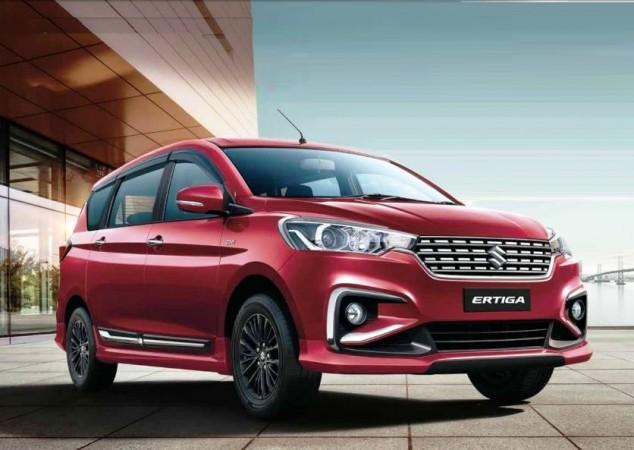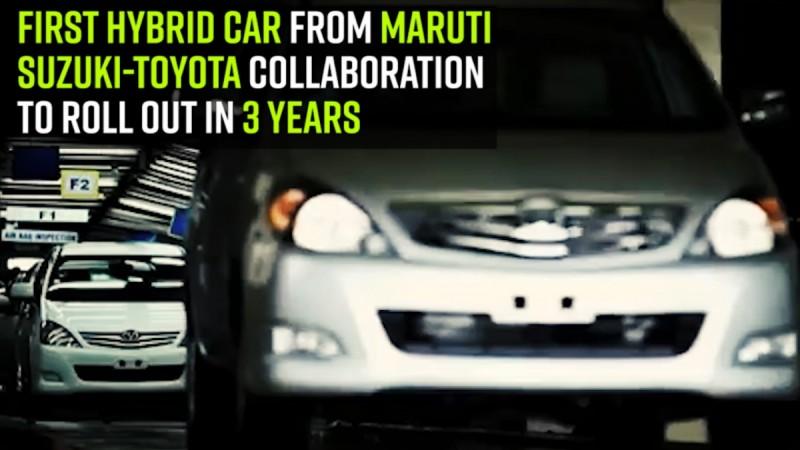
India's largest carmaker Maruti Suzuki's decision to stop selling diesel cars from April 1, 2020, when the new BS VI fuel economy norms become effective, making diesel vehicles even more expensive than they are now, will have an impact beyond traditional Maruti users, reports suggest.
"We will stop selling all our diesel cars from April next year as the new fuel economy norms will make diesel cars significantly more expensive. Especially, for small cars with the engine size of fewer than 1.5 litres, the price will become unviable for customers," said RC Bhargava, the chairman of Maruti.
The decision will kill even its new 1.5 litres indigenously developed diesel engine on mid-size sedan Ciaz introduced only last week, according to Bhargava. The company would watch the market trend for that variant even after the prices go up following the introduction of BS VI norms, he said.
Maruti share continued the steep fall early on Friday opening gap-down at Rs 6,805 and slipping to Rs 6,750. The share opened at Rs 7,014 on Thursday and closed the day at Rs 6,095 following the announcement of phasing out diesel vehicles. "We are clear that the engine smaller than 1.5 litres will surely be discontinued. We will remain open on the possibility of continuing the 1.5-litre powertrain but only time will tell if there is enough demand for it in the market post-April 2020."
A number of Maruti's bestselling models like Swift, Dzire, Baleno, Ertiga, and Ciaz and the two SUVs Brezza and S Cross have diesel variants, reports BusinessToday. The decision to not upgrade the engines to make them BS VI compliant could hit Maruti's SUV portfolio. The vehicles use the 1.3-litre diesel engine sourced from Italian carmaker Fiat.

The diesel car sales have been slowing even in Europe after the Euro VI norms. "In the Indian market the impact could be even more accentuated as this is a more price sensitive market," Bhargava said, suggesting that is the key factor in deciding to kill off most of the diesel range. "Traditionally, there has been a bias towards diesel among SUV buyers but I see no reason why petrol SUV will not be preferred in future. The new age petrol engines have blurred that gap."
There is no longer much to tell diesel from petrol on the price front. Until 2014 the high differential in the price of the two types of fuel that peaked at Rs 27.19 per litre in July 2012, gave diesel a definite advantage. Manufacturers were then scrambling to launch more diesel versions, taking the share of diesel cars for the first time to 58 per cent in 2012-13 outstripping that of petrol. The rise in general public awareness against petrol has also dealt a blow to diesel.
The decision of the National Green Tribunal in July 2016 banning diesel cars older than 10 years from the national capital region was a major blow to the fuel. Currently, the price differential between the two fuels is only about Rs 6 while vehicles with BS VI compliance are going to cost between Rs 80,000 and Rs 2 lakh more. This is because of the alterations that would be necessary to the diesel engine to meet the more stringent standards for sulphur, nitrogen oxide and particulate matter in the vehicular emission, market sources say.

















